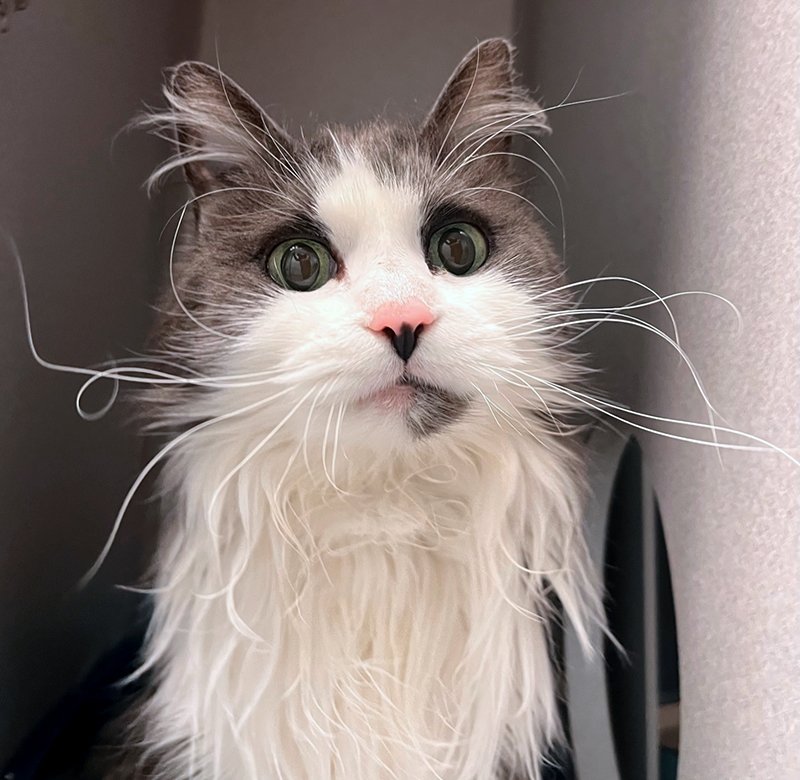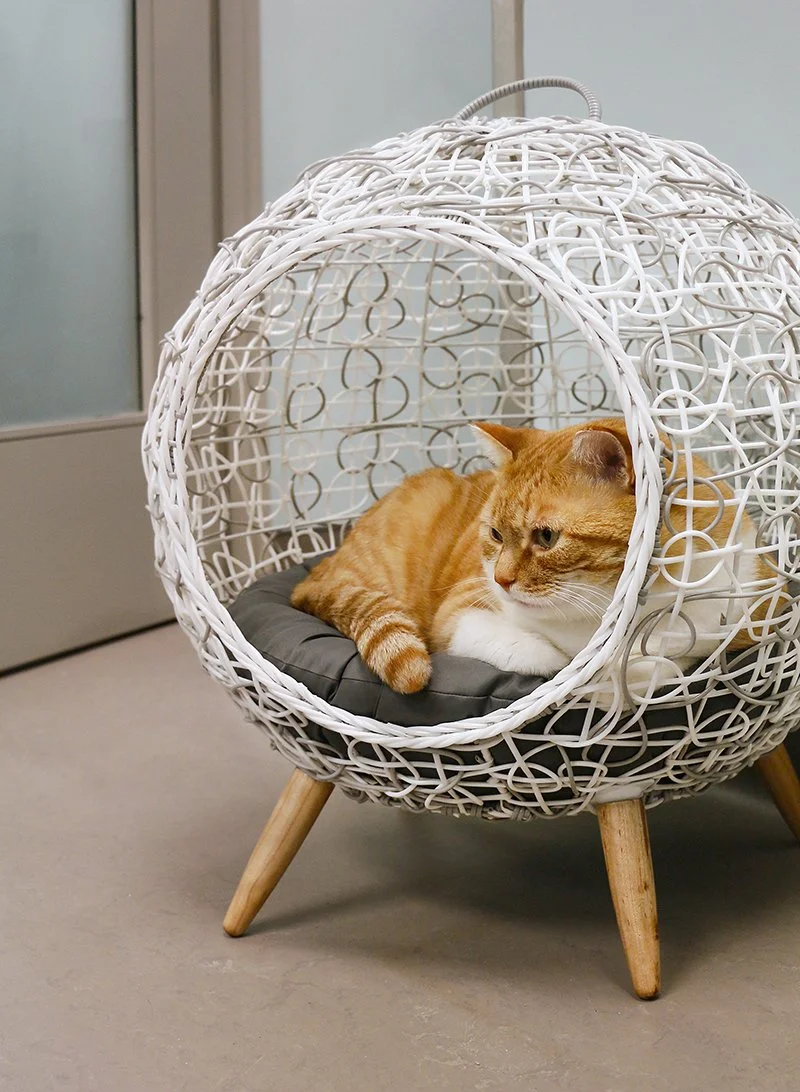Is a methimazole trial necessary?
Confidential - Company Proprietary
For years it has been accepted practice to perform a methimazole trial in newly diagnosed hyperthyroid cats to evaluate the impact of a euthyroid state on renal function. We now know that this approach is often not necessary or useful for several reasons.
The survival time of cats that develop azotemia is not reduced as compared to those that do not develop azotemia after treatment of hyperthyroidism. In one study, the median survival time of cats that developed azotemia (595 days) was similar to cats that remained nonazotemic (584 days) after treatment.
In most cats that develop post-treatment azotemia, CKD is not severe or life threatening. It is unusual to see an increase of more than one IRIS stage after treatment. In other words, hyperthyroid cats with IRIS stage I CKD may develop overt azotemia after treatment but we would not expect the CKD to advance to more than IRIS stage II.
The decline in GFR generally occurs soon after treatment of hyperthyroidism and quickly stabilizes. The resulting azotemia is detectable within 1 to 3 months of treatment and generally remains stable for months thereafter.
Other factors to consider before starting a methimazole trial include: increased costs to the client, damage to the client-cat bond, potential adverse reactions to methimazole, and the difficulty in achieving adequate, stable control long enough to gain useful information about the resulting change in renal parameters.
But what about newly diagnosed cats with pre-existing azotemia?
In hyperthyroid cats with overt CKD, GFR is likely to fall once normal thyroid levels are restored. Therefore, it may be advised to try medical management prior to definitive treatment in newly diagnosed cats with moderate to severe pre-existing CKD. Because the decline in GFR stabilizes within a few months of successful control of hyperthyroidism, a decision can be made at that time whether renal function is stable or worsening.
If the renal function remains stable after a euthyroid state is established, a more definitive treatment such as I-131 should be strongly considered. This is because long-term, stable control of hyperthyroidism with medical management is unlikely, and thus may not mitigate the detrimental effect of even mild hyperthyroidism on the kidneys and other organs.
If renal function declines significantly after anti-thyroid drug treatment, especially if accompanied by marked clinical deterioration, it may be advisable to maintain the cat on a reversible anti-thyroid therapy. Except in extreme cases, maintaining the cat in a mildly hyperthyroid state is questionable given that uncontrolled hyperthyroidism may be damaging renal function. However, in cats with very late-stage CKD this may be a palliative option.
The Bottom Line
Cats that are non-azotemic when first diagnosed with hyperthyroidism can have definitive therapy without a methimazole trial. Any underlying CKD is likely to be mild and non-progressive, and survival of cats that do develop azotemia is no shorter than for those whose renal function remains stable.
A methimazole trial may be advisable in cats with moderate to severe azotemia at diagnosis. If the renal parameters are stable after several months of being controlled on anti-thyroidal medication, definitive therapy with RAI is recommended.
Final thoughts
Clients should be aware that some cats might not fit neatly into these categories. Rarely, azotemia may progress more than anticipated following RAI therapy. A methimazole trial is of course an option for any cat if owners would like more information about the stage of CKD prior to definitive treatment.
Conversely, cats with moderate to severe azotemia that cannot tolerate methimazole may still be candidates for RAI therapy, as long as clients are informed of potential risks and have realistic expectations. Although the median survival is shorter in later stages of CKD (stage 111: 778d, Stage IV: 103 days), the range is extremely wide (Stage III range: 22-2100 days, Stage IV range: 1 – 1920 days) so some late-stage CKD cats may do well with definitive therapy.



